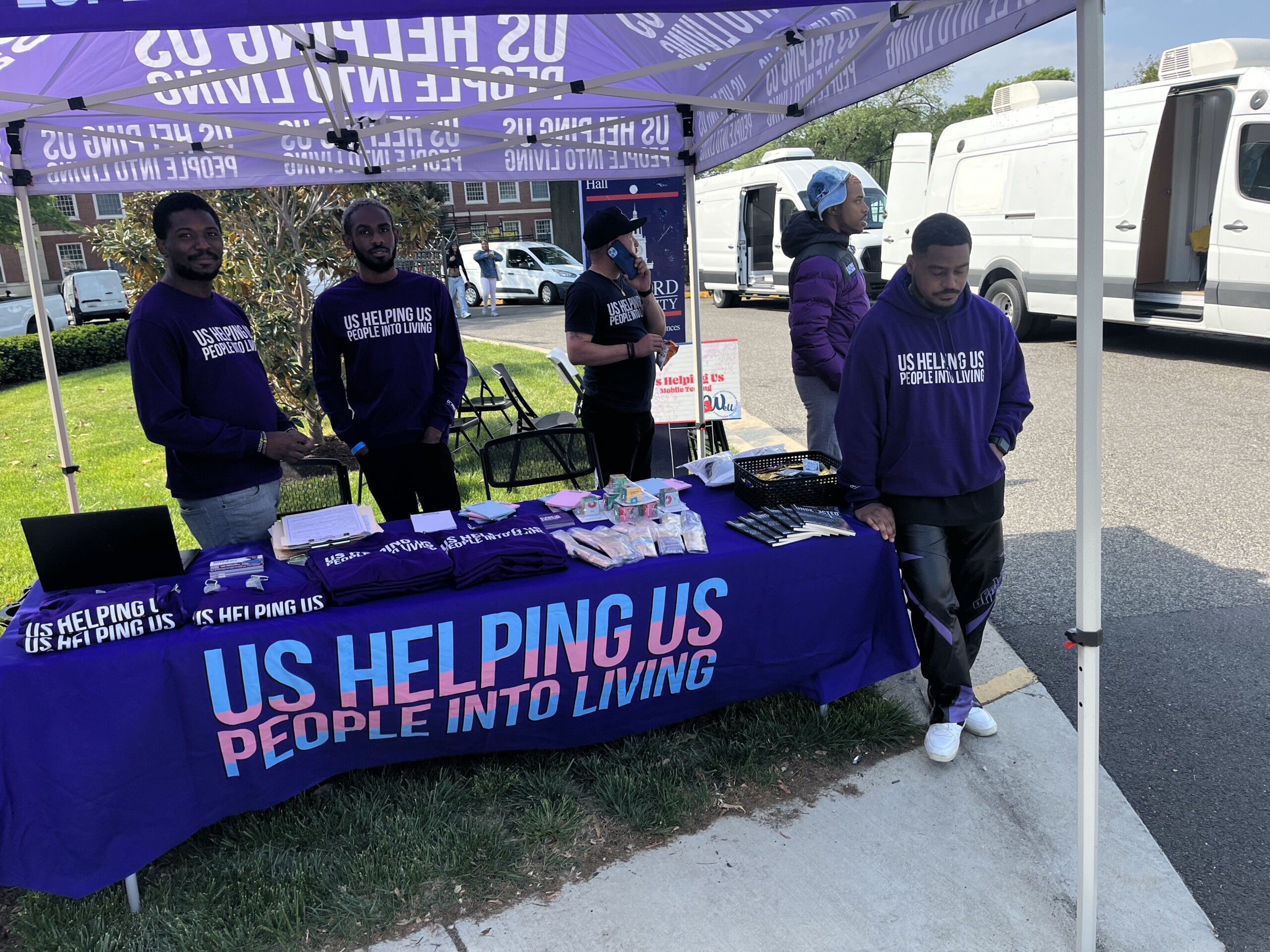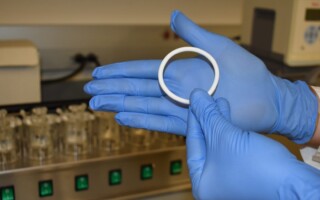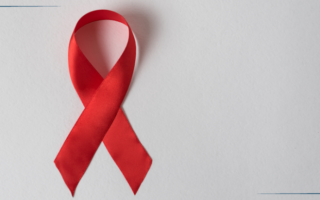
In collaboration with the George Washington University Milken Institute School of Public Health and community-based HIV services organization Us Helping Us, People Into Living Inc., Council researchers are designing and piloting two service delivery models to offer PrEP within the Black community in the Washington, DC (DC) area: (1) a community-based PrEP (cbPrEP) intervention; and (2) the first pharmacy-based PrEP (pharmPrEP) intervention. Researchers will assess the acceptability, feasibility, safety, and appropriateness of these two models.
Why it Matters: There is a high HIV burden in DC, with a disproportionate impact on Black women and men (for instance, 71% of people known to be living with HIV in DC are Black, (2021). Black sexual minority men (SMM) in DC are especially impacted, comprising 29% of HIV cases (2021)). Given this high HIV burden, the Black community in DC is especially well-positioned to benefit from widely accessible HIV PrEP.
At present, however, structural barriers—such as experience or anticipation of racism and discrimination when seeking healthcare—impede access to HIV prevention and care services. Innovative service delivery strategies are needed to increase PrEP uptake among members of Black communities, and to date, community-based and pharmacy-based PrEP services have not been implemented and tested in DC despite the significant promise they offer.
The Approach:
The community-based PrEP study started in late 2022 and will conclude in 2024, and the pharmacy-based PrEP study will begin in late 2023 and conclude in 2025.
What we are doing:
- Conducting a formative assessment of an intervention that will deliver PrEP through community-based settings (e.g., mobile van or tent) and pharmacies. The community-based PrEP intervention will deliver PrEP through Uu Helping Us’s mobile van or tent. The pharmacy-based PrEP intervention will deliver PrEP through Us Helping Us’s community clinic pharmacy as well as a retail pharmacy. Us Helping Us is a community-based HIV services organization that has been providing free community-based HIV testing, treatment, and prevention services for nearly three decades in the DC area and is relatively well known among Black residents.
- Piloting and assessing the acceptability, feasibility, and appropriateness of the PrEP service delivery models.
The Big Picture:
- The results of these pilot studies will contribute to improving the accessibility of PrEP for Black communities in DC by understanding whether these service delivery models can be alternative points of PrEP access for this population.
- That evidence will also help inform decision-making by the DC Department of Health, which is currently reviewing pharmacy-based PrEP legislative models and is interested in testing alternative models for PrEP service delivery.
Partners:
Funders:
- Centers for AIDS Research (CFAR) at the National Institutes of Health (NIH) This research has been facilitated by the services and resources provided by the District of Columbia Center for AIDS Research, an NIH funded program (P30AI117970), which is supported by the following NIH Co-Funding and Participating Institutes and Centers: NIAID, NCI, NICHD, NHLBI, NIDA, NIMH, NIA, NIDDK, NIMHD, NIDCR, NINR, FIC and OAR. The content is solely the responsibility of the authors and does not necessarily represent the official views of the NIH.




